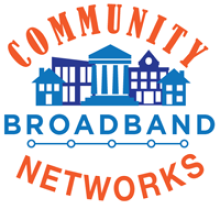When Monticello, Minnesota, decided to build its community fiber network --
Fibernet Monticello -- it expected the incumbents to lower their prices and fight to keep subscribers. But Monticello had no idea the lengths to which they would go.
The telephone incumbent, TDS,
delayed the project for a year with a frivolous lawsuit and then built its own fiber-optic network while
dramatically lowering its prices. We have yet to find another community in North America with two citywide FTTH networks going head to head.
Because of the city's network, Monticello's
residents and businesses have access to better connections than the biggest cities in Minnesota can get.
Now, Charter has weighed in by cutting its rates to what must be below cost to gain subscribers. It reminded us of a shoot-out, so we created this infographic to explore what is at stake.

Download a
higher resolution PDF here.
Charter has taken a package for which it charges $145/month in Rochester, Duluth, Lakeville, and nearby Buffalo (MN) and is offering it for $60/month - price guaranteed for 2 years. A Monticello resident supplied us with this flyer, which this person had received multiple times at their home over the course of a month. (See below for the full flyer).
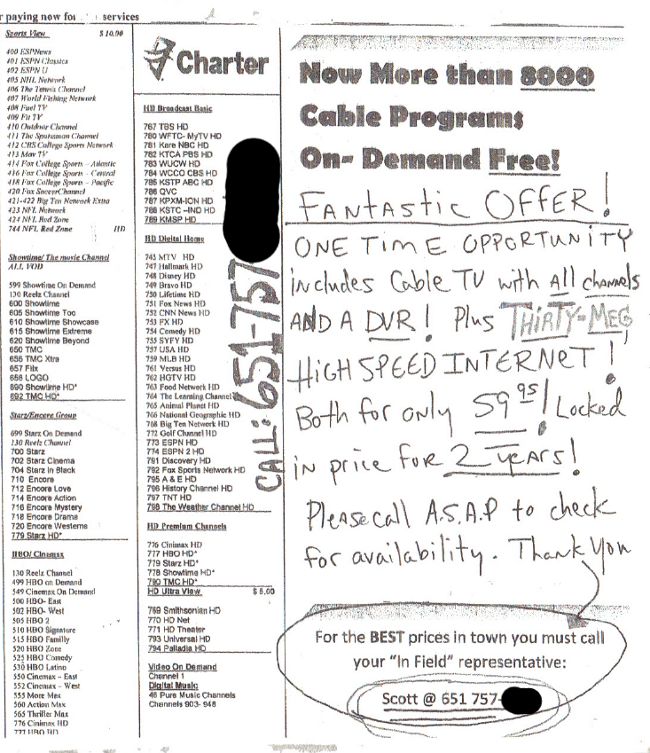
This is either predatory pricing or the cable industry is out of control with its rate increases. If that package costs Charter more than $60/month to supply, then it is engaging in predatory pricing to drive competitors out of the market. Consider that Charter may be taking a loss of $20/month ($240/year) from each household that takes this offer.
 Download a higher resolution PDF here.
Charter has taken a package for which it charges $145/month in Rochester, Duluth, Lakeville, and nearby Buffalo (MN) and is offering it for $60/month - price guaranteed for 2 years. A Monticello resident supplied us with this flyer, which this person had received multiple times at their home over the course of a month. (See below for the full flyer).
Download a higher resolution PDF here.
Charter has taken a package for which it charges $145/month in Rochester, Duluth, Lakeville, and nearby Buffalo (MN) and is offering it for $60/month - price guaranteed for 2 years. A Monticello resident supplied us with this flyer, which this person had received multiple times at their home over the course of a month. (See below for the full flyer).
 This is either predatory pricing or the cable industry is out of control with its rate increases. If that package costs Charter more than $60/month to supply, then it is engaging in predatory pricing to drive competitors out of the market. Consider that Charter may be taking a loss of $20/month ($240/year) from each household that takes this offer.
This is either predatory pricing or the cable industry is out of control with its rate increases. If that package costs Charter more than $60/month to supply, then it is engaging in predatory pricing to drive competitors out of the market. Consider that Charter may be taking a loss of $20/month ($240/year) from each household that takes this offer.



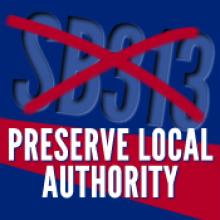
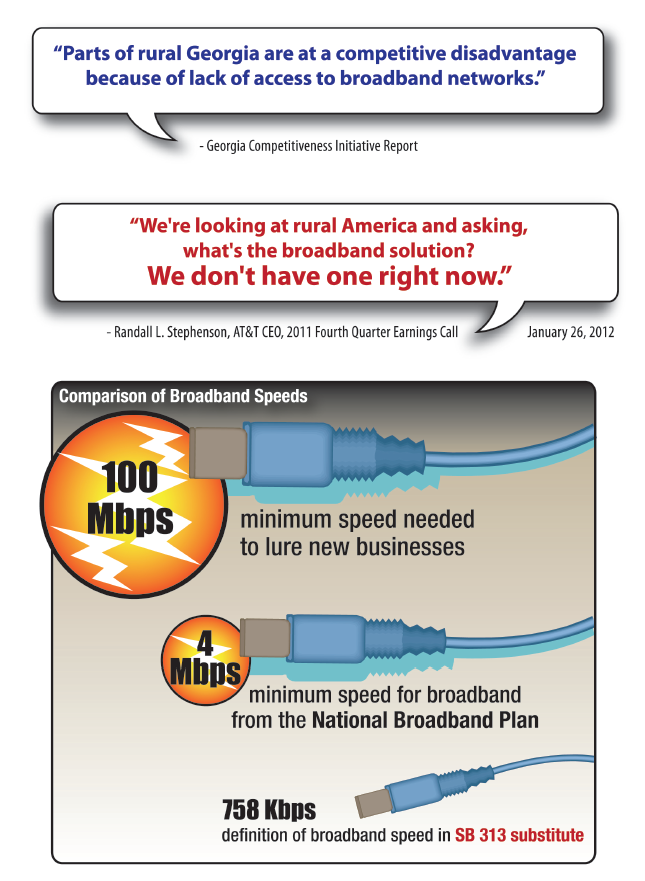 Note, that AT&T was originally trying to define broadband at the
Note, that AT&T was originally trying to define broadband at the 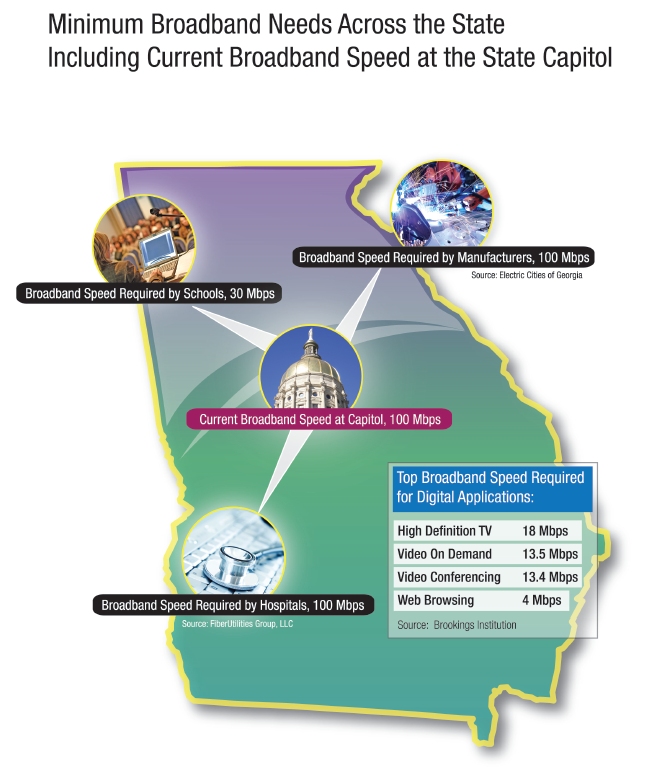 Rememeber that elected officials often think of broadband in binary terms. You have it or you don't. In their mind, if you have options aside from dial-up, the problem is solved. These are people that often do not know what is needed to attract economic development, work efficiently from home, or successfully compete remote education courses.
Rememeber that elected officials often think of broadband in binary terms. You have it or you don't. In their mind, if you have options aside from dial-up, the problem is solved. These are people that often do not know what is needed to attract economic development, work efficiently from home, or successfully compete remote education courses.
